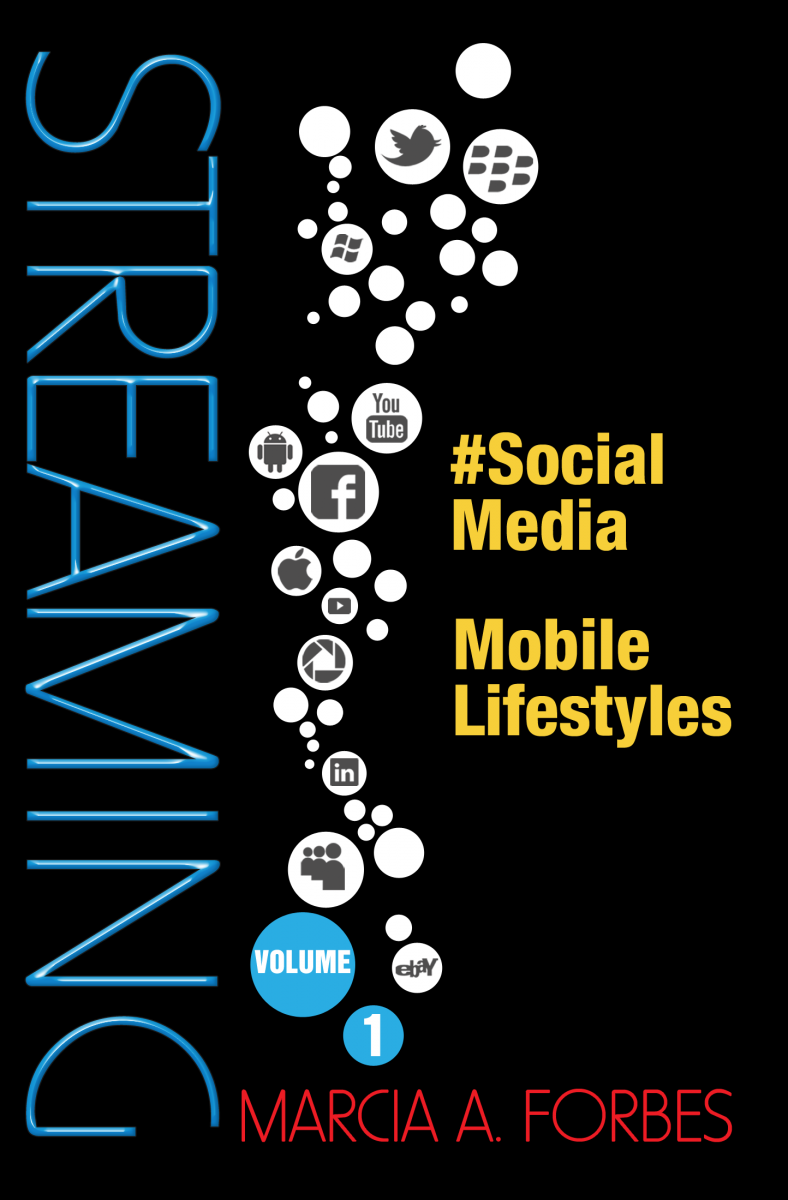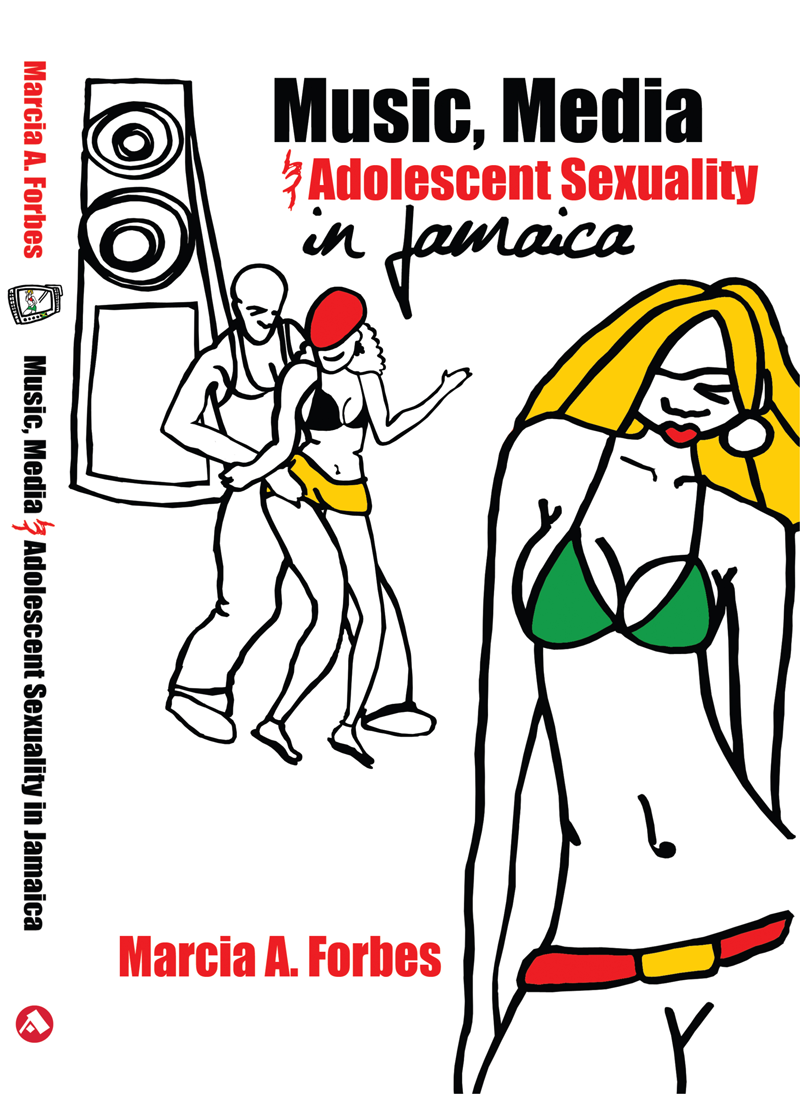Women and Girls in ICT
Women and Girls in ICT
ICT for Women & Girls – Why?
World Telecommunication and Information Society Day was May 17th. This year’s theme focussed on Achieving Equality in ICT for Women and Girls. The State Minister in the Ministry of Science, Technology, Energy and Mining in Jamaica, Mr Julian Robinson, was honest when he admitted to being challenged to speak on this theme. After all, based on his knowledge, there are many females in ICT. So, why the need for this attention, he wondered aloud.
ICT Women as New Handmaidens?
The Minister observed that women in ICT in Jamaica mainly play supporting roles to male entrepreneurs. (This is a part of the answer to your question Mr Minister). I tweeted his observation and thereafter had to defend him from tweeps who felt this was a position he endorsed. He did not. It was useful that Minister Robinson was as forthright since it stimulated informative comments during the open microphone segment and also from Twitter.
I learnt that the BSc in Computer Science at the University of the West Indies, Mona has a ratio of 30 males to 5 females. Live tweeting and sharing that piece of information led to my further education by @scsquared, Shikisha Cowan, a graduate of the University of Technology (UTech). She explained via Twitter that a similar situation exists at that campus regarding the paltry number of women in the School of Computing and Information Technology (SCIT).

She made the further point that “the push for ‘technical’ fields in Jamaica tend to be towards males. It is shown at UTech in SBLM, SoE…and SoVE”. The acronyms on Twitter will kill us. I protested, to wit she clarified - the School of Building and Land Management, School of Engineering and the School of Vocational Education – at UTech.
Cowan’s comment subtly points to socialization practices as well as to our education system in Jamaica. Boys are ‘pushed’ into ‘manly professions’ based on the hard sciences. Girls are largely socialized to serve and to support. Those who push for more than that sometimes have cruel labels attached to them. By the end of the session I believe the Minister saw the appropriateness of the theme in pushing for gender equality in ICT. Women in call centres is not the model we want for women in ICT.
Women Missing from Computer Science in Jamaica & the USA
The situation regarding the gender mix for computer science at UWI and UTech goes totally against the 70:30 ratio in favour of female graduates, at UWI in particular. That situation has rightly given cause for great concern. Here we are, though, not seeing the trees for the forest (my spin on this idiom) regarding women in ICT. All of us should be just as concerned to learn about the dearth of women studying ICT at two of our leading tertiary institutions in Jamaica as we are about the comparative absence of men at our universities.
Concern regarding women in ICT is especially appropriate within the context of the importance of this industry. Not only is it seen as a lynchpin for job creation and entrepreneurship in Jamaica, ICTs are increasingly sine qua non of everyday life. While playing a supporting role to men in ICT may be necessary for some women, it cannot be sufficient for most or all women.
At the presentation, Lorna Green, a woman with a long history in ICT and at very senior levels, bemoaned the fall off. She remembers a time in the 1980s when women in the USA comprised 37% of computer programmers. Now that figure is under 20% she reports.
Jamaica is not alone in the gender gap in computer science education. Citing Wikipedia, a source many deride but which I have increasing come to respect, “In 1984, 37.1% of Computer Science degrees were awarded to women; the percentage dropped to 29.9% in 1989-1990, and 26.7% in 1997-1998. Figures from the Computing Research AssociationTaulbee Survey indicate that less than 12% of Computer Science degrees were awarded to women in 2010-11.
Access to What End?
Women edge out men as Internet users in Jamaica (53% females compared to 43% males). They also edge them out as computer users (54.1% females compared to 45.9% males). But to what end this access and use of ICTs by women (and by men as well)? The same 2011 Mona School of Business commissioned survey from which the foregoing statistics are derived point to sending and receiving emails and social networking as the primary Internet activities (76.9% and 71.7%, respectively).
Online work did not feature specifically in the list of seventeen (17) Internet activities, including ‘other’. Perhaps work was included in the 2.1% of other activities. No doubt some online work would be included in sending and receiving emails. It says a great deal though, that work was not a specific activity named by survey respondents.
In my own research work into how youths use cell phones and the Internet, it is clear that these ICTs are mainly regarded as easy ways to communicate with family and friends. Especially among teenagers in the 17 to 19 age range, most of who are preparing for the work world, the Internet and cell phone are not generally seen as tools toward job creation or for work. In fact inner-city youths scoffed at any notion of the Internet for work. They were simply unaware of the possibilities. Herein lies a big part of the rub.
Sensitization, Awareness, Education
Any cursory review of how mobile phones and Internet access have been marketed in Jamaica reveals the extent to which they are positioned as there almost exclusively for entertainment. One telecoms company in introducing its 4G services focussed on ‘Plug, Play and Go”. Another is keen for users to “Watch, Talk and Click”. With female unemployment rate in Jamaica about double that of males, women in particular have to move beyond these marketing messages.
A massive public education campaign is needed to reposition the value of cell phones and the Internet to youths. These ICTs can do much more than play. The Government of Jamaica must take a key role and partner with the telecos to reposition and rebrand mobile phones and the Internet as tools for work as well. This is essential in light of the Government’s heavy investment in wide area networks across the island and plans to ‘wire’ primary schools for Internet access. Otherwise it becomes a heavy price to pay for porn and chat, two things Jamaicans are good at online.
Tags – gender equality, ICTs, Women & Girls in ICT, Twitter, tweet, Marcia Forbes, UWI, UTech, Internet, Mobile phone
May 18, 2012
Marcia Forbes, Ph.D.


